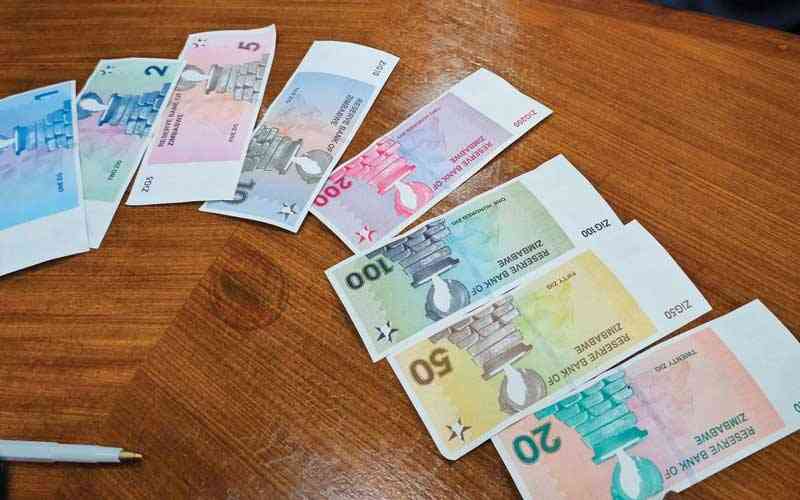
The Zimbabwe Electoral Commission (Zec) has been failing to explain a number of discrepancies unearthed by data experts such as Team Pachedu after studying the voters roll raising fears it may have been tampered with.
In an attempt to escape accountability after the exposure, the electoral management body disowned the voters roll and claimed it had been leaked by an unscrupulous staffer who has since been suspended.
But the explanation is not convincing.
The Electoral Act states that the voters roll is a public document open to inspection by the public upon payment of a fee. The Act allows any person inspecting it to note any discrepancies as Team Pachedu has done.
Instead of addressing the concerns of manipulation of the voters roll, Zec reacts angrily, further feeding into the suspicions that the roll has been tampered with.
It is instructive to note that this is not the first time the voters roll has been said to contain serious anomalies. Dead people, thousands of fake names and duplicates have been uncovered before in the voters’ roll.
In the 2013 elections, the MDC said it found 838 000 entries with the same name, address and date of birth but different ID numbers, 350 000 people who were more than 85 years old and 109 000 aged over 100 — including a 135-year-old serving army officer!
The opposition only obtained the copy after a court order but no electronic copies were made available.
- Chamisa under fire over US$120K donation
- Mavhunga puts DeMbare into Chibuku quarterfinals
- Pension funds bet on Cabora Bassa oilfields
- Councils defy govt fire tender directive
Keep Reading
Ahead of the 2000 and 2002 elections, the opposition struggled to access the voters roll in time. In the March 2008 elections, Zec provided the opposition with PDF copies of the roll.
An analysis of Zimbabwe’s voters roll by the South African Institute of Race Relations (SAIRR) has revealed that there were over 2,5 million registered ghost voters as of October 2010.
The SAIRR report released this week titled: Preventing Electoral Fraud: A Report on the Voters Roll in Zimbabwe called for an urgent compilation of a new up-to-date voters roll before elections can be held.
In 2018, Team Pachedu revealed that it had uncovered 250 000 names that were either wrong, invalid, duplicates, incorrect identity numbers and scores of voters registered using addresses in empty fields. Included in the voters roll were 134-year-old Sihle Mpofu and the 141-year-old Phidas Ndlovu, born in 1884 and 1877 respectively. Both were registered for the 2008 elections using a birthday of January 1, 1970.
All these and other discrepancies and electoral malpractices have cast doubt on the credibility of the country’s elections.
Zec has a duty to assuage the public on the credibility of the polls by making available the “correct” voters roll after disowning what it claimed was a leaked copy.
Zimbabwe has a history of disputed polls, and the lingering questions over the credibility of the voters roll is a recipe for disaster and fuels already simmering tensions ahead of the by-elections and 2023 polls.
Yes, Zec has a case to answer about the state of the voters roll. It must be accountable to the public or simply concede that it has lost credibility to run any kind of poll.











